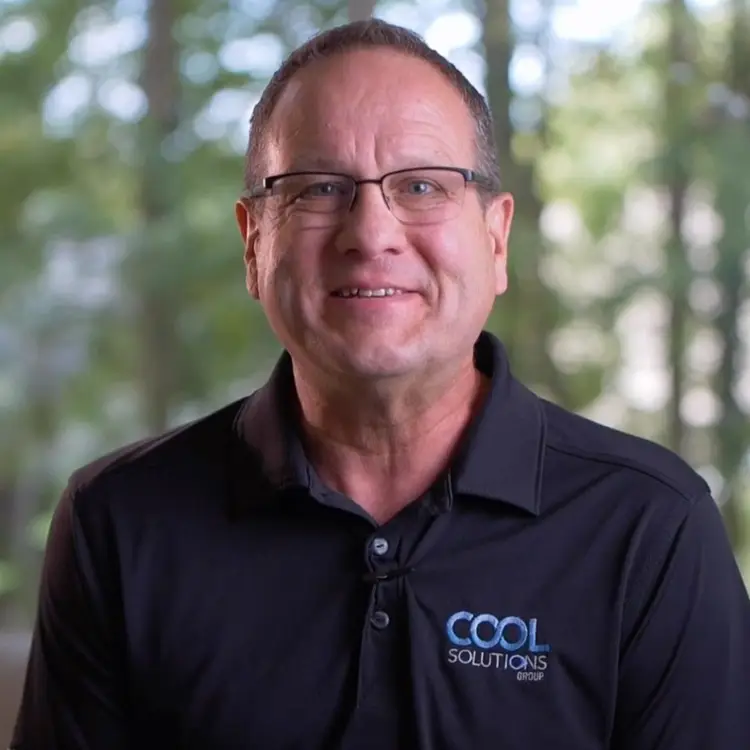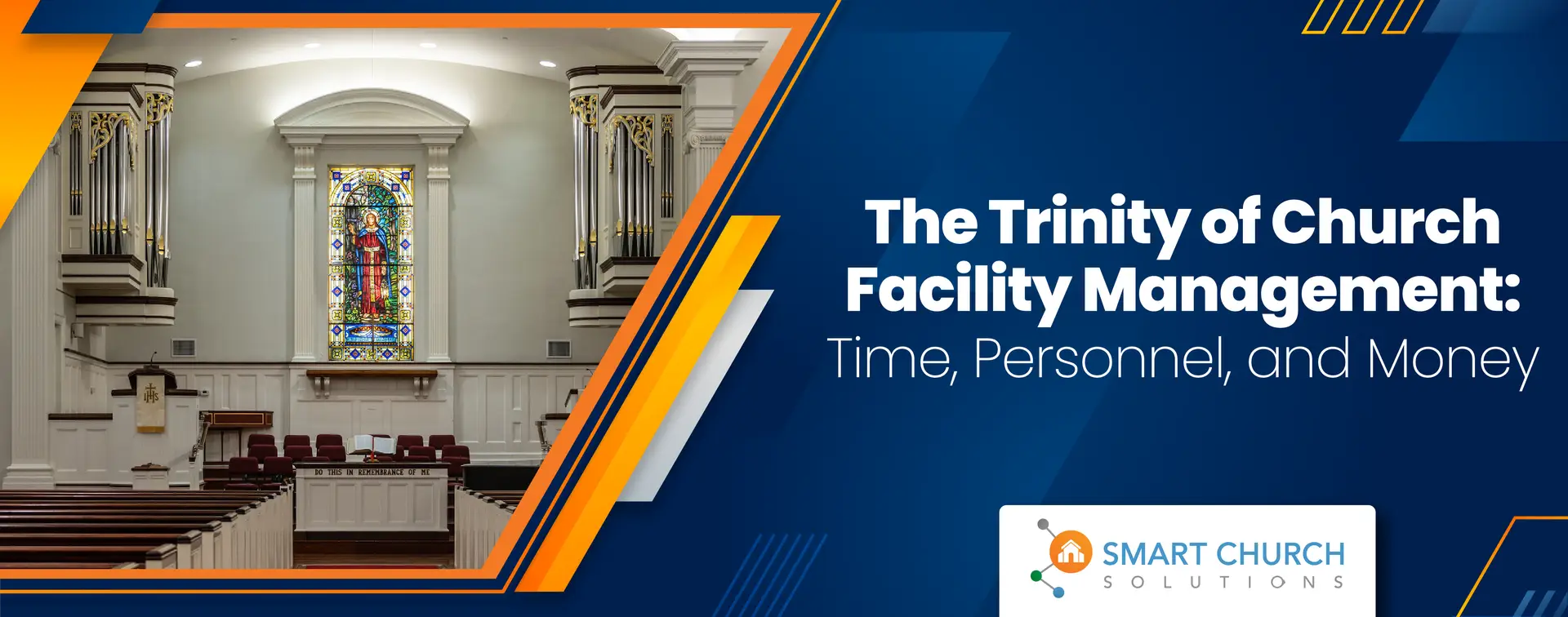Effectively managing a church facility is much like overseeing a small community. It requires dedication, planning, and a well-orchestrated balance between three pivotal resources: time, personnel, and money. These elements are the cornerstone of successful church facility management, ensuring that the physical space reflects the welcoming atmosphere that congregations strive to provide.
Let’s explore why each component is crucial and how they interconnect to support the overarching goal of creating a safe, inviting, and functional space for worship and community activities.
Time: The Foundation of Proactive Maintenance
Time is a critical factor in maintaining a church facility. With the right time management strategies, maintenance tasks can be scheduled efficiently, preventing minor issues from escalating into major problems.
Proactive maintenance, such as regular inspections, cleaning, and repairs, requires careful planning and scheduling. Effectively allocating time ensures that the facility remains in good condition, reducing the need for emergency repairs that can disrupt church services and activities.
Strategies for Effective Time Management:
- Regular Maintenance Schedule: Establish a consistent routine for inspecting and maintaining the church’s infrastructure, from HVAC systems to roofing and plumbing.
- Seasonal Preparation: Allocate time for seasonal tasks, such as gutter cleaning before the rainy season or HVAC system checks before summer and winter.
- Volunteer Coordination: Organize volunteer maintenance days to address minor repairs and cleaning tasks, efficiently using available time and community support.
Personnel: The Heart of Management Efforts
Personnel are the backbone of any facility management strategy. This includes paid staff and volunteers who contribute their skills and time. Training and delegating responsibilities to the right people ensures tasks are completed efficiently and effectively. A dedicated team can also identify potential issues before they become costly repairs, exemplifying the adage that “many hands make light work.”
Building a Strong Maintenance Team:
- Skill Development: Offer training opportunities for staff and volunteers to enhance their maintenance skills.
- Task Delegation: Assign maintenance tasks based on individual skills and interests, ensuring that each task is managed by someone capable and enthusiastic.
- Community Engagement: Encourage community involvement in facility maintenance to foster a sense of ownership and responsibility among the congregation.
Money: The Fuel for Maintenance Activities
Funding is essential for both routine maintenance and unexpected repairs. A well-planned budget allocates funds for ongoing maintenance needs while setting aside reserves for emergencies. Transparent communication about financial needs and responsible stewardship can encourage congregational support and provide the necessary resources to maintain the church facility adequately.
Financial Management Best Practices:
- Realistic Budgeting: Create a detailed maintenance budget that covers regular upkeep, utility costs, and emergency repairs.
- Fundraising and Grants: Explore fundraising activities and grants specifically available for church maintenance to supplement the budget.
- Cost-Effective Solutions: Seek competitive bids for maintenance work and consider energy-efficient upgrades to reduce long-term operating costs.
Integrating Time, Personnel, and Money
Effective time, personnel, and money management is about more than balancing three separate entities but about integrating them into a cohesive strategy. For instance, investing time in training volunteers (personnel) can reduce the need for paid labor, thereby saving money. Similarly, allocating funds for preventive maintenance (money) can save time and resources by avoiding costly emergency repairs.
Bottom Line: Maintaining a church facility is a continuous journey that requires careful attention to time, personnel, and money. By valuing these resources and fostering a collaborative approach to management, church leaders can ensure that their facilities remain welcoming, safe, and conducive to fulfilling their spiritual mission.








